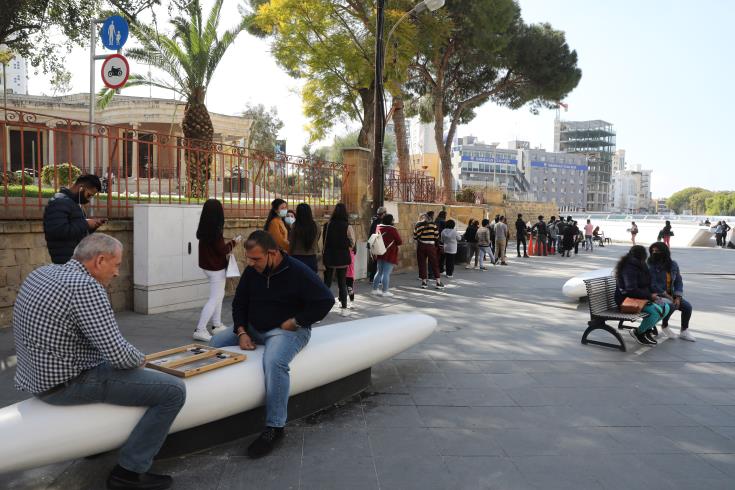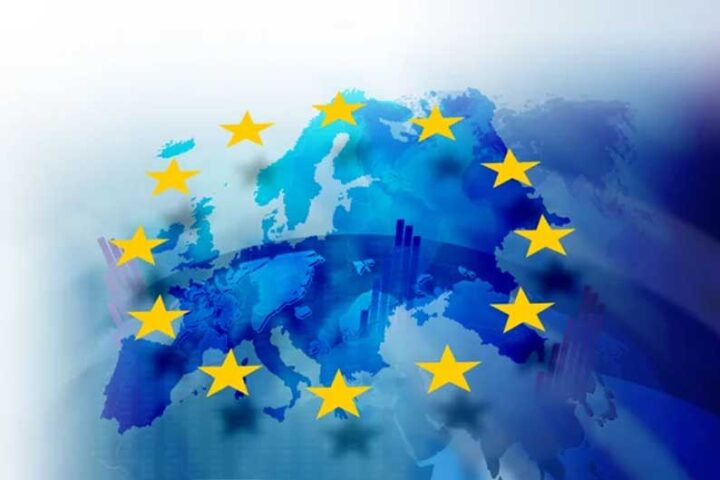Cyprus’ economy shrunk by €1.28 bln in 2020, as its key sectors, tourism, commerce and construction, suffered during the pandemic and lockdown measures to stop COVID-19 spreading.
According to data from the Statistical Service, the country’s Gross Domestic Product last year fell to €20.99 bln from €22.28 bln in 2019.
The economy suffered its biggest shock in the second quarter of 2020, with GDP shrinking to €4.86 bln, from €5.58 bln in the first quarter.
In the third quarter of 2020, when the economy began to recover, GDP grew to €5.24 bln and remained at the same level in the fourth quarter, rising slightly to €5.29 bln.
Seasonally adjusted data shows GDP shrank in 2020 by 5.1% compared to 2019, as only the first quarter recorded positive year on year growth; the pandemic started in early March 2020.
Cyprus’ GDP in 2020, based on seasonally adjusted data, amounted to €20.55 bln, from €21.63 bln in 2019.
In Q1, GDP amounted to €5.44 bln, the second fell to €4.72 bln, to recover to €5.14 bln in the third quarter and to €5.22 bln in the last quarter of the year.
One of the sectors hit hardest was wholesale and retail services, including vehicle repair, transportation, accommodation, and catering services.
This sector’s contribution to GDP in 2020 was €4.12 bln, down from €4.95 bln, with losses amounting close to €800 mln.
There was a mild impact on the construction sector while scrapping the citizenship for investment program has yet to show its scars.
The construction sector’s GDP contribution for 2020 was €1.15 bln, down from €1.25 bln in 2019.
The most significant decline was recorded in Q2 2020, when the economy slowed, with GDP falling to €232 mln from €307 mln in the corresponding quarter of 2019.
The entertainment and arts sectors were also hit by the lockdown, with its GDP contribution in 2020 being €746 mln, dropping from €817 mln in 2019.
Manufacturing was a sector that withstood the pandemic, with a contribution of €1.12 bln, compared to €1.19 bln in 2019.
The financial and insurance sector also retained its momentum with a contribution of €1.49 bln, compared to € 1.51 bln in 2019.
The coronavirus pandemic did not affect public administration, defence, compulsory social insurance, education, and human health activities.
There combined GDP amounted to €3.72 bln, compared to €3.64 bln in 2019.
GDP in Q1 grew 1.4% year on year basis (seasonally adjusted data) Q2 dropped by 12.6% due to the two-month lockdown and the closure of airports, which dealt a huge blow to the tourism industry.
In Q3, the annual contraction rate was reduced to 4.7%, reflecting the gradual lifting of restrictive measures; in Q4, the economy shrank by 4.5%.
The last quarter of the year was marked by local lockdowns in Paphos and Limassol in November and an island-wide ban on hospitality through Christmas.










